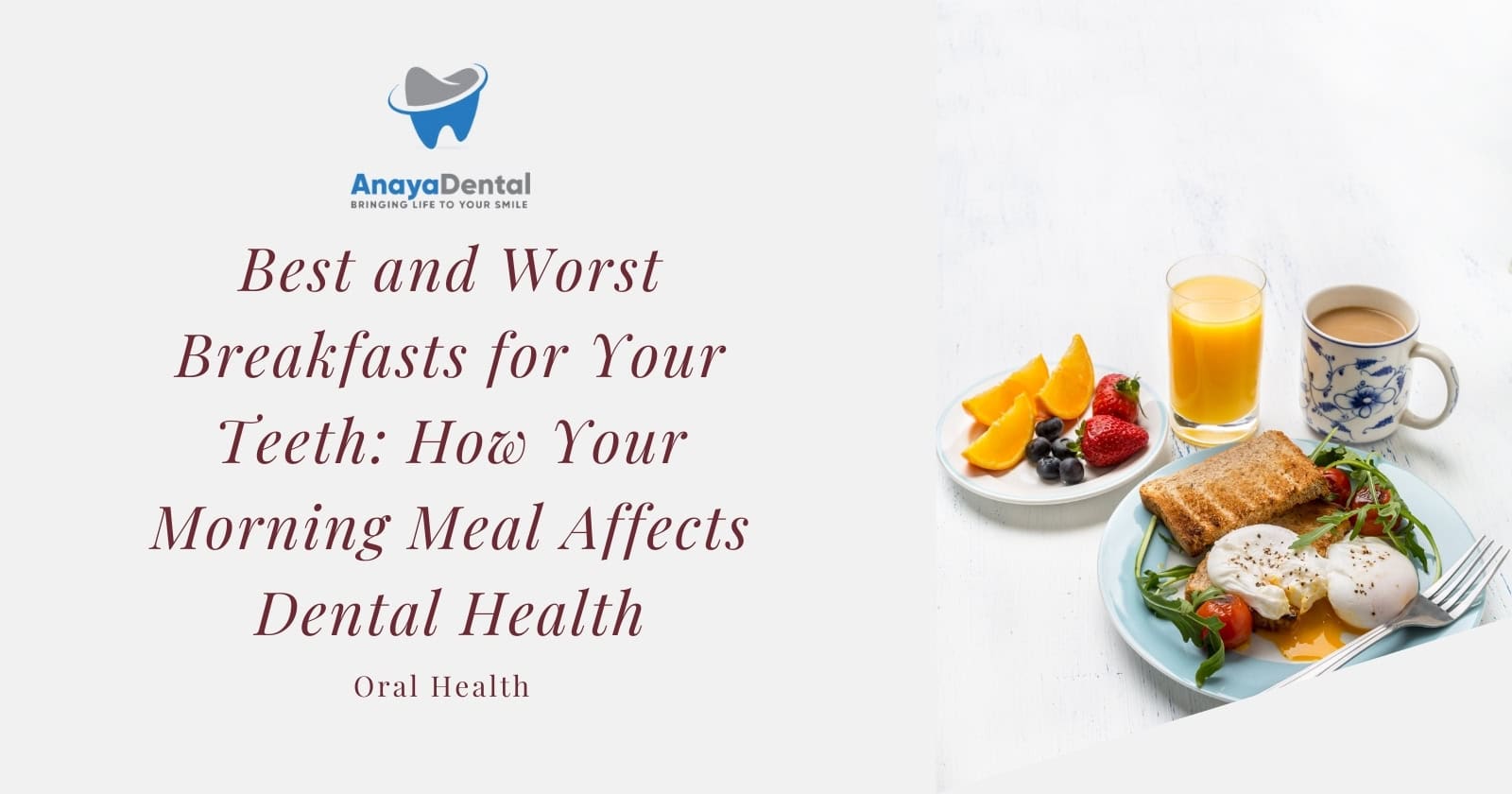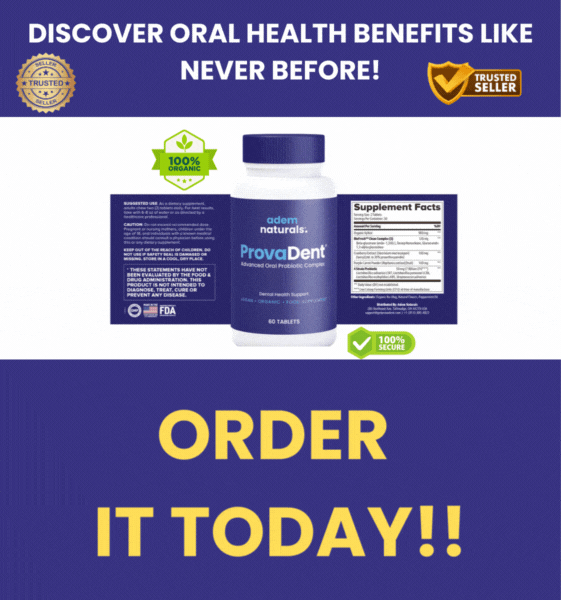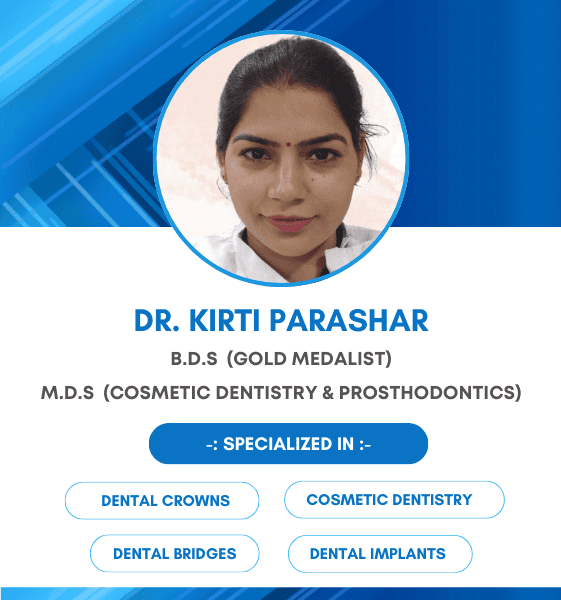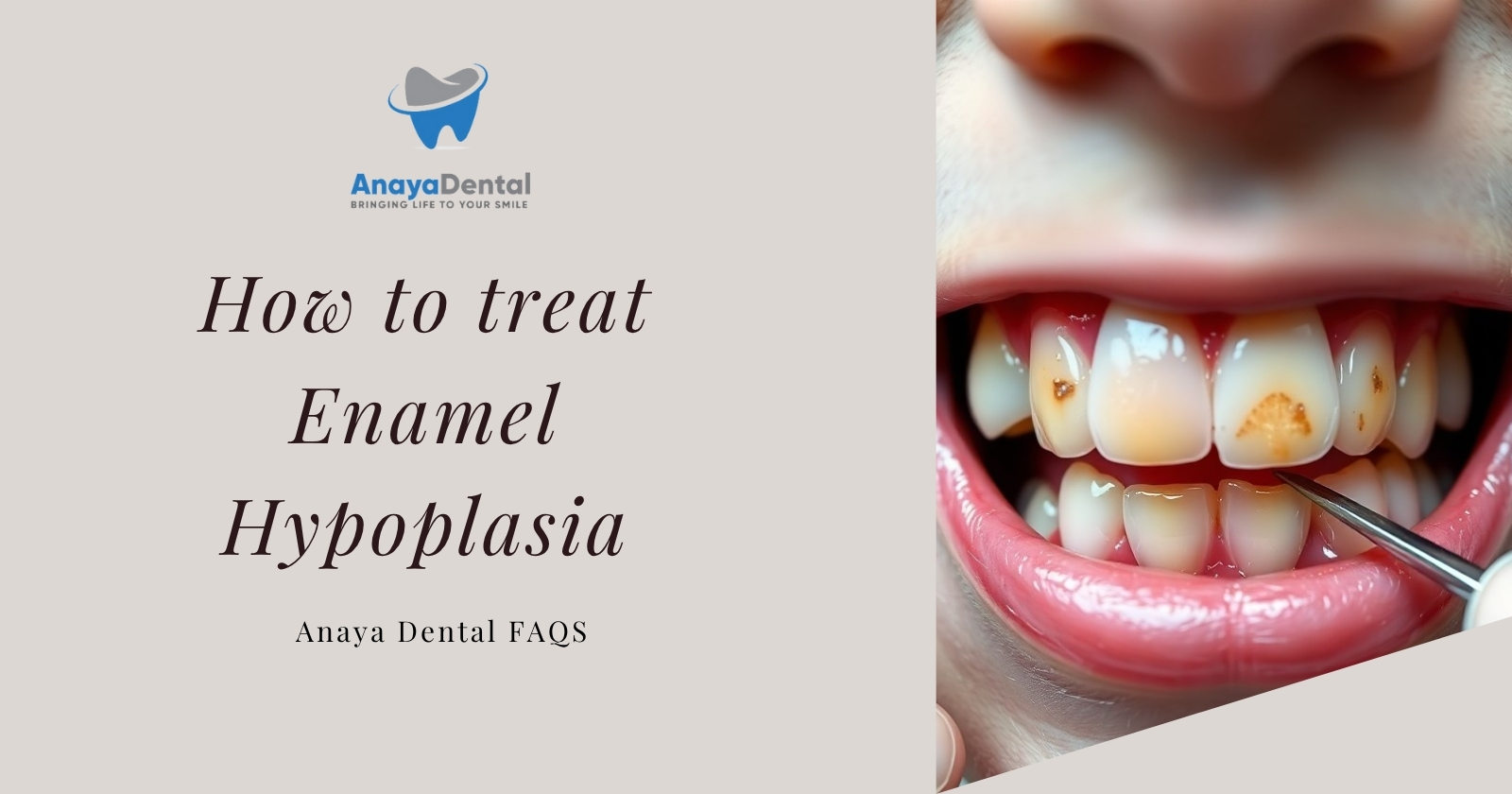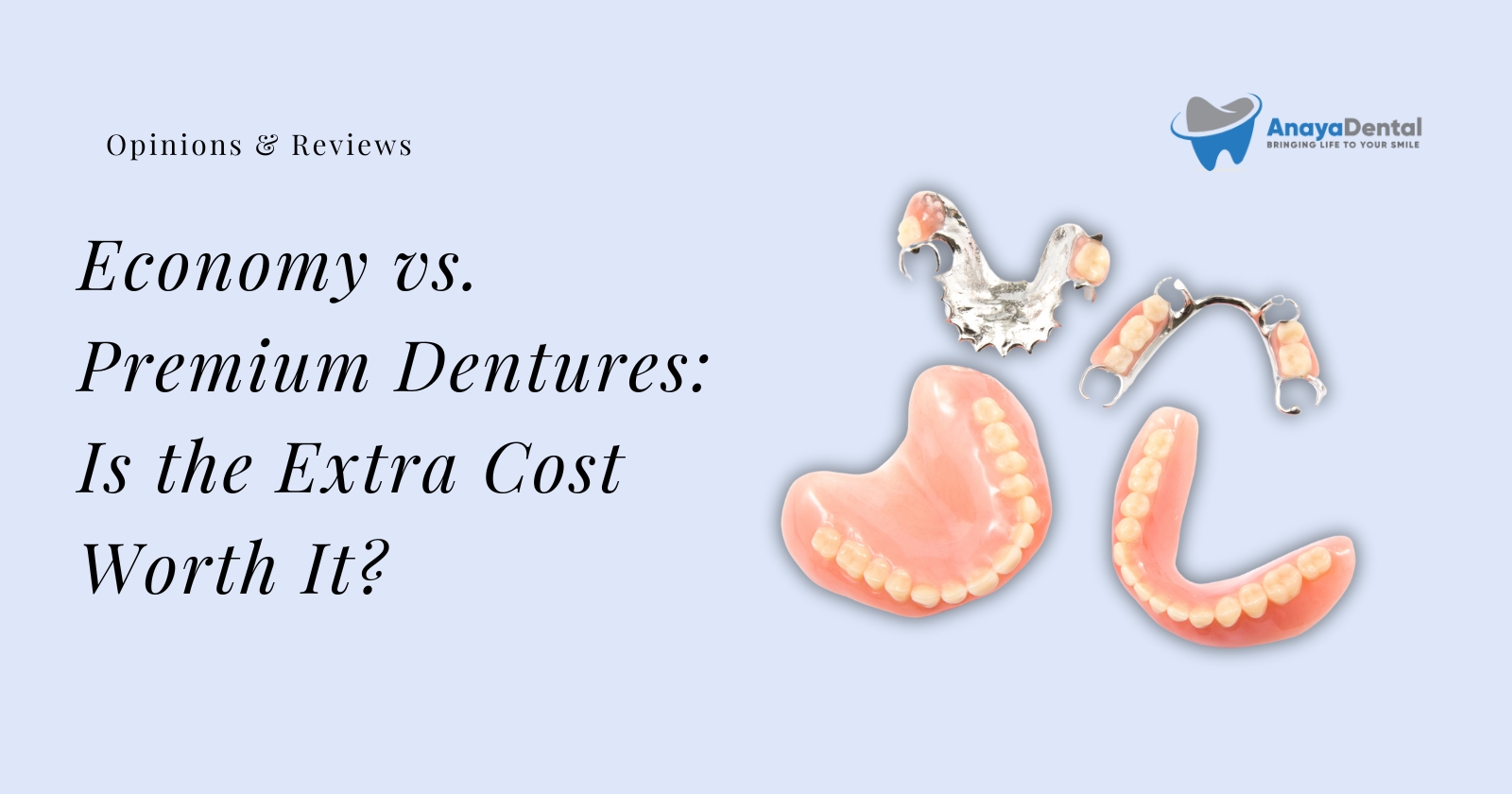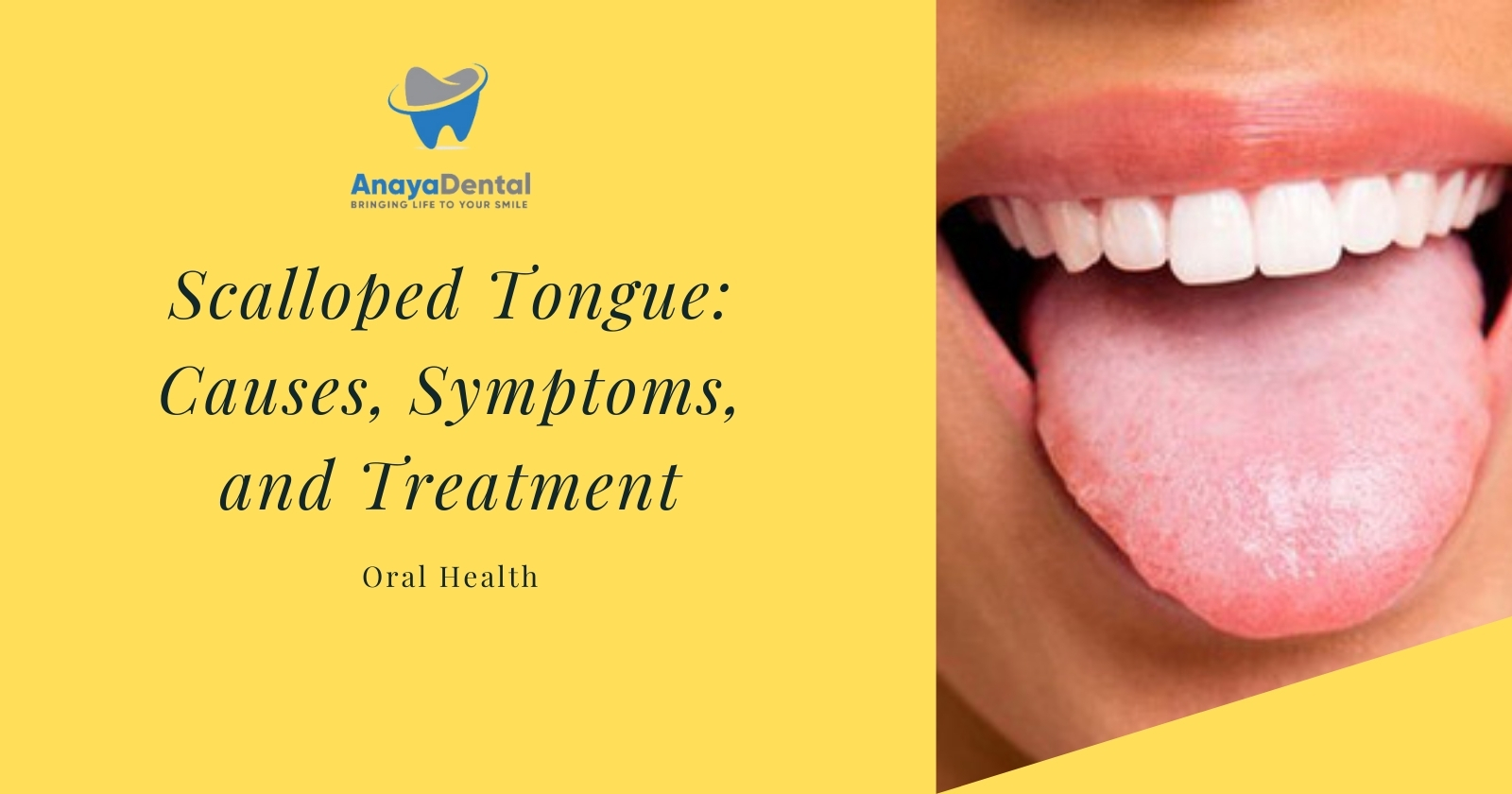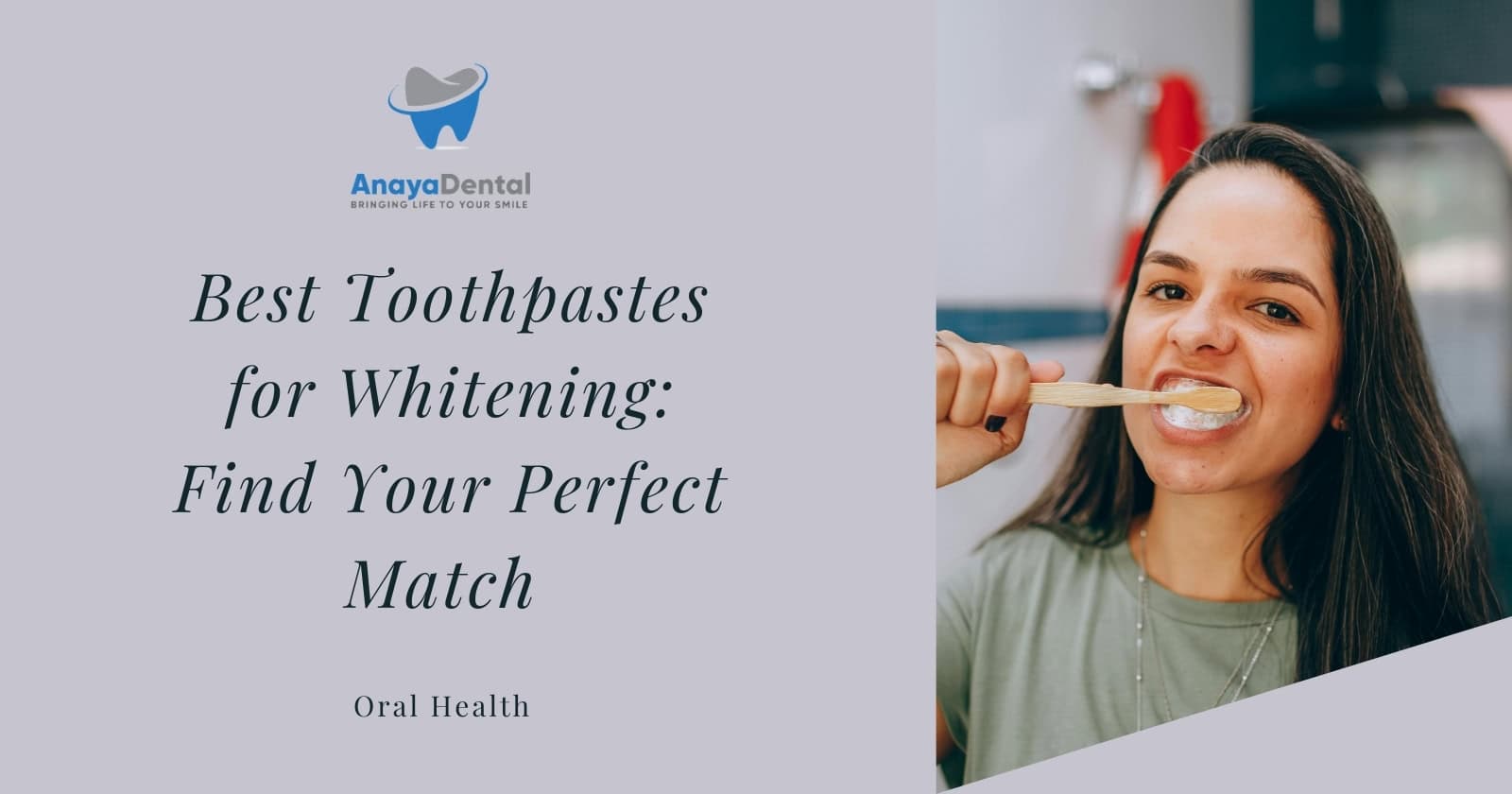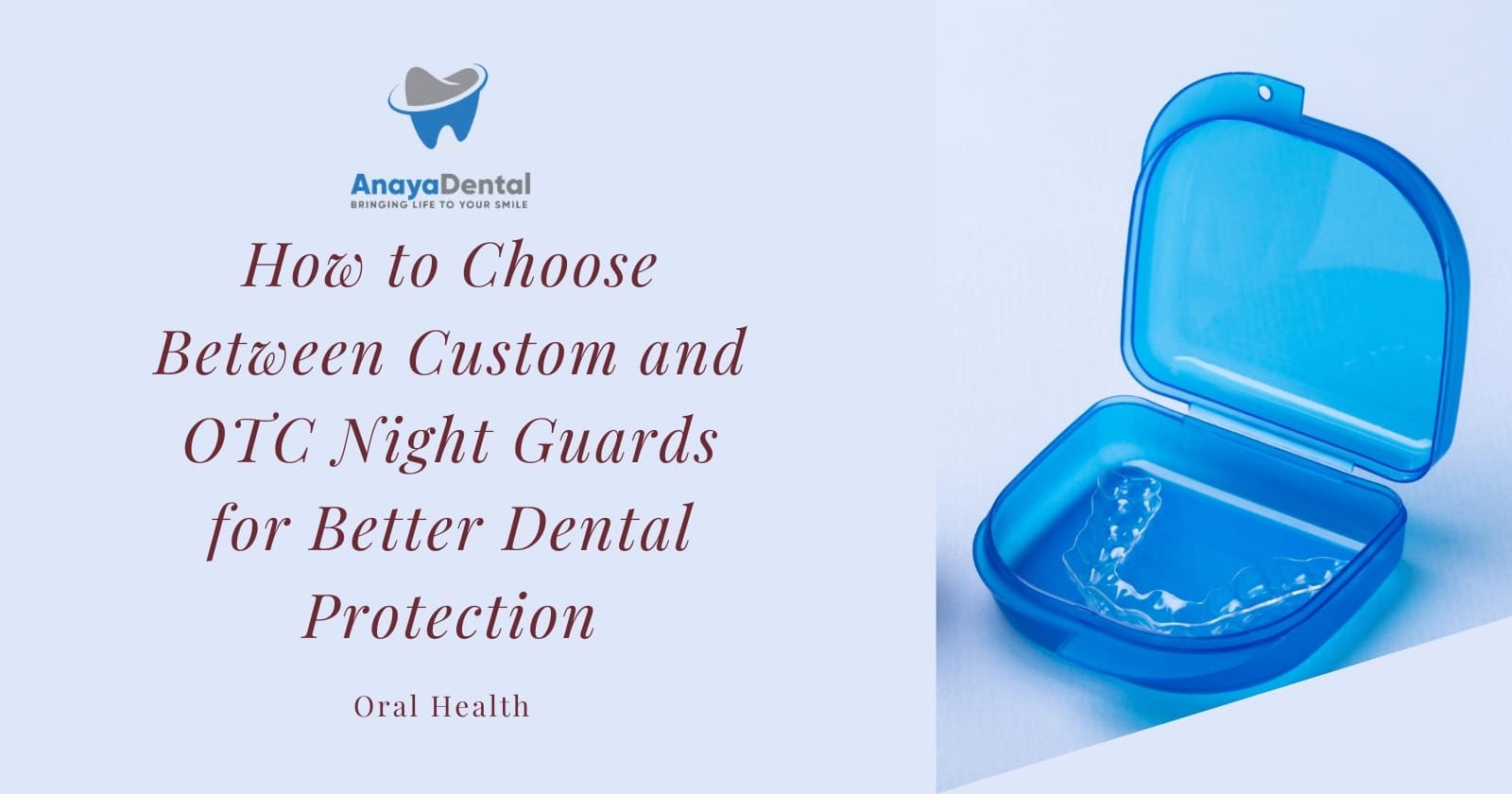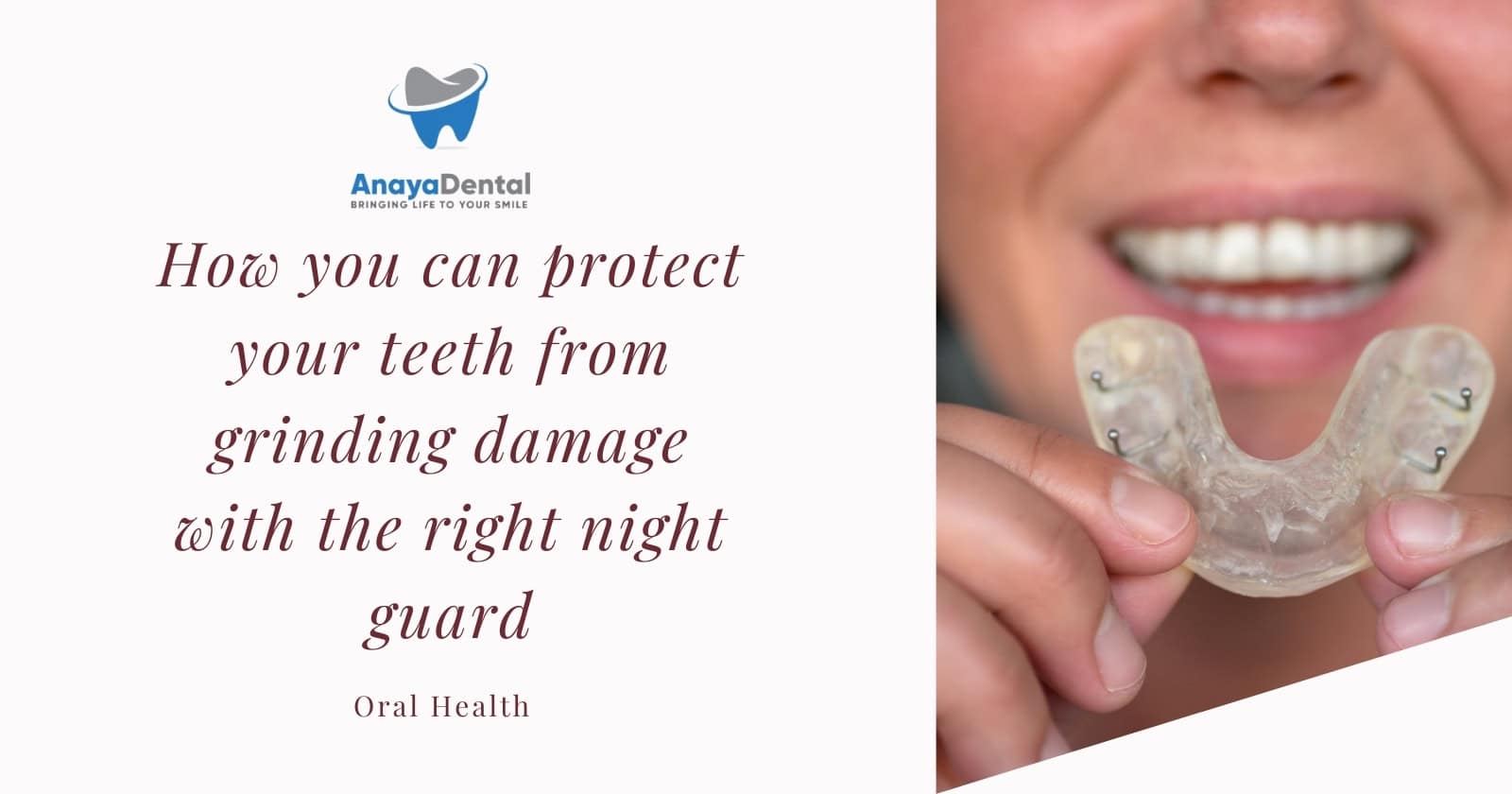Have you ever thought about how your breakfast choices might be silently damaging your teeth? That bowl of sugary cereal or glass of orange juice might taste delicious, but it could be starting your day with an attack on your dental health. What you eat first thing in the morning doesn’t just fuel your body—it has a direct impact on your teeth and gums throughout the day.
Research shows that certain breakfast foods can either strengthen your dental enamel or contribute to decay and erosion. The right morning meal choices can actually help protect your smile, while poor selections might be setting you up for dental problems down the road.
How Breakfast Impacts Your Dental Health
Breakfast isn’t just important for your overall health—it plays a crucial role in maintaining good oral hygiene. When you eat, food particles remain in your mouth, causing bacteria to build up on your teeth. These bacteria produce harmful acids that attack tooth enamel, leading to dental erosion and decay.
Try Our Dental Calculators
Studies have found a clear connection between regular breakfast habits and dental outcomes. Adolescents who skip breakfast regularly have 1.19 times higher rates of decayed, missing, and filled teeth compared to those who eat breakfast consistently. This highlights how establishing consistent morning nutrition routines can have measurable benefits for long-term dental health.
Starting your day with nutrient-rich foods provides essential vitamins and minerals that support both overall health and specifically oral health. However, choosing the wrong breakfast foods can create an environment where harmful bacteria thrive, putting your teeth at risk from the very start of your day.
The Worst Breakfast Choices for Your Teeth
Sugary Cereals and Pastries: A Morning Dental Disaster

That colorful box of cereal might seem like a convenient breakfast option, but many popular brands contain alarming levels of sugar that can wreak havoc on your dental health. Some popular cereals contain between 40-55% sugar by weight, with brands like Froot Loops containing 41% sugar, Apple Jacks 42%, and Honey Smacks a staggering 55%.
When consumed, these sugary cereals provide an immediate food source for oral bacteria, which metabolize the sugars and produce acids that attack tooth enamel. The damage doesn’t stop there—breakfast pastries are equally problematic. Quick options like Pop-Tarts, Toaster Strudel, doughnuts, and cinnamon buns are loaded with refined carbohydrates and sugars.
What makes these pastries particularly harmful is their sticky consistency, which allows them to adhere to tooth surfaces for extended periods. This prolonged contact creates ideal conditions for acid production and enamel erosion, significantly increasing your risk of cavities and decay.
Acidic Beverages: Starting Your Day with Enamel Erosion

That refreshing glass of orange juice might seem like a healthy choice, but it could be doing more harm than good for your teeth. Fruit juices, especially citrus varieties like orange and grapefruit juice, contain natural acids that can erode tooth enamel over time.
Even when labeled as “natural” or “no sugar added,” these juices can still damage teeth through their inherent acidity. The erosive potential is particularly concerning when consumed daily as part of your morning routine.
Carbonated beverages, sometimes consumed at breakfast, represent another serious threat to enamel integrity. Sodas typically contain harmful ingredients like citric acid, malic acid, and phosphoric acid that gradually dissolve the minerals protecting your teeth. Citrus-flavored sodas are especially damaging, dissolving enamel at an accelerated rate compared to other varieties. Even diet sodas, while free of sugar, still contain these damaging acids.
Starchy Foods and Refined Carbohydrates: Hidden Dental Dangers
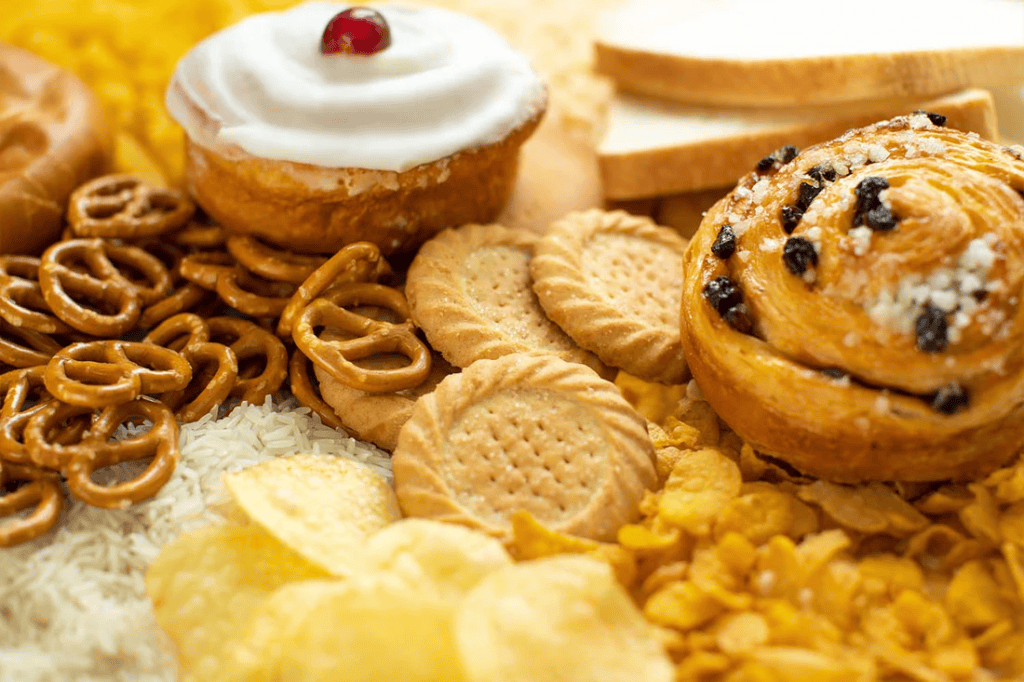
White bread toast and traditional pancakes or waffles served with syrup might be breakfast classics, but they’re not doing your teeth any favors. When consumed, these starchy foods begin breaking down into sugar in your mouth, effectively feeding harmful bacteria.
The syrup commonly paired with pancakes and waffles compounds this issue by adding concentrated sugars directly to the meal. The combination of refined starches with added sugars creates a particularly problematic environment for teeth.
Starch particles can become trapped between teeth, while the sugars provide immediate fuel for acid-producing bacteria. Without proper brushing following such a breakfast, these trapped food particles and resulting acids can attack enamel continuously for hours afterward, significantly increasing cavity risk.
The Best Breakfast Choices for Your Teeth
Protein-Rich Options: Building Blocks for Stronger Teeth
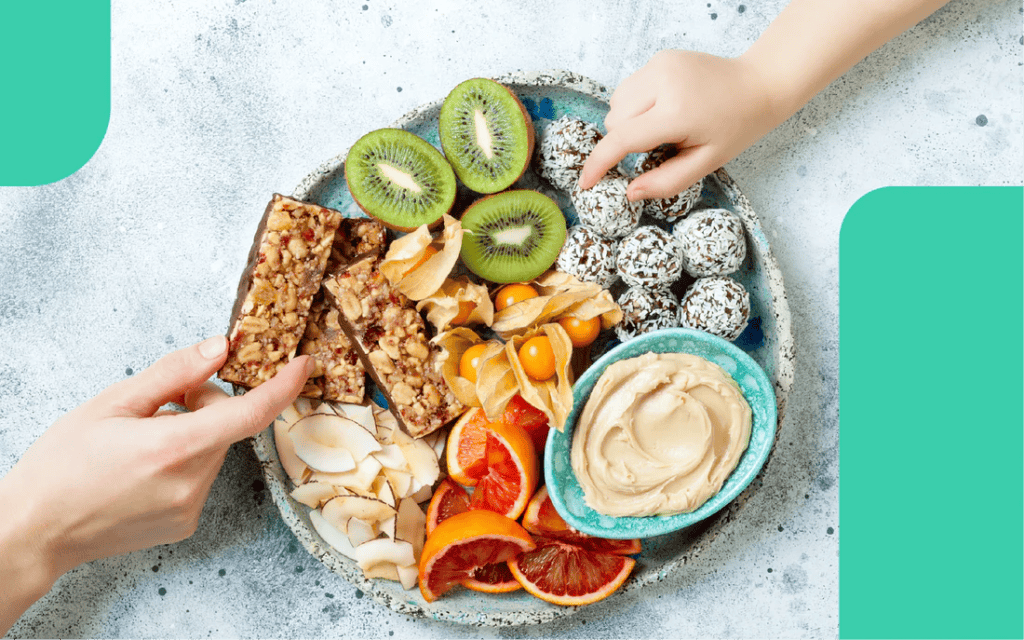
Eggs stand out as an excellent breakfast choice for dental health. Rich in phosphorus and protein, eggs actively support tooth enamel strength and overall oral health. Their versatility allows for numerous preparation methods, making them an adaptable option for daily breakfast routines.
For enhanced dental benefits, incorporate eggs into omelets containing cheese and vegetables, creating a nutritional powerhouse that delivers multiple oral health advantages in a single meal. Adding calcium-rich vegetables such as spinach, kale, or collard greens further enhances dental health benefits. These leafy greens contain high levels of vitamin C, essential for maintaining healthy gums and supporting the connective tissues that hold teeth in place.
Calcium-Rich Foods: Nature’s Enamel Protectors
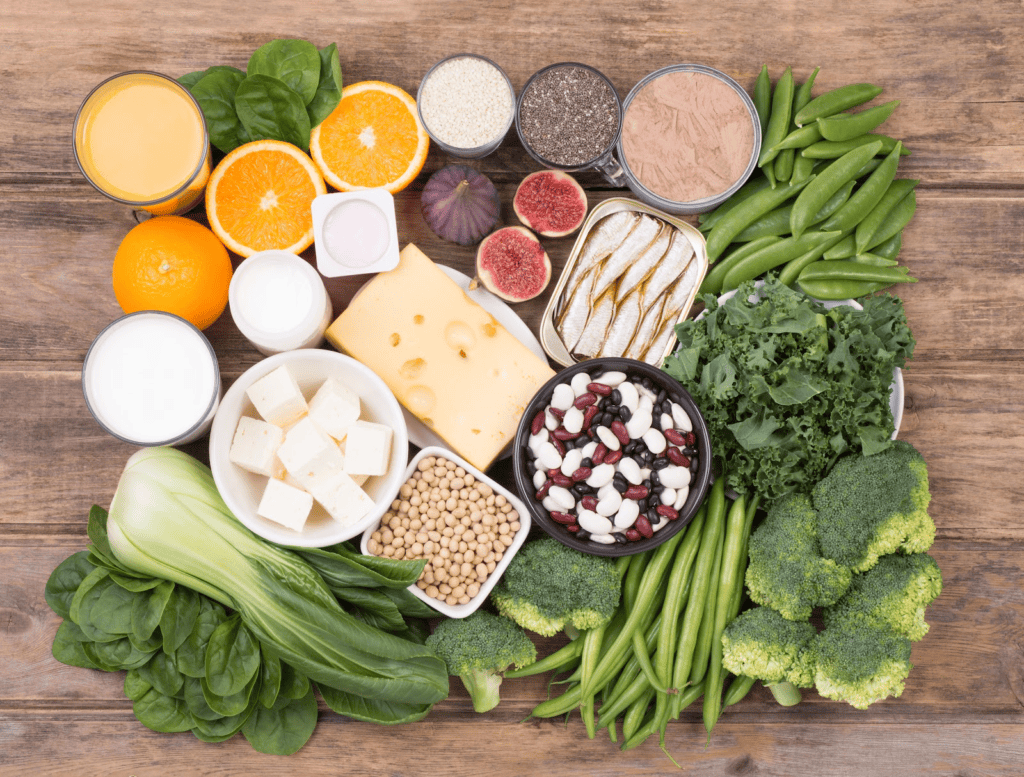
Yogurt, particularly Greek yogurt, offers exceptional benefits for dental health. It contains significant amounts of calcium and phosphorus, minerals that strengthen tooth enamel and help repair microscopic damage. Greek yogurt provides additional protein compared to regular varieties, contributing further to overall oral health.
For optimal dental benefits, choose plain, sugar-free yogurt varieties that deliver these nutritional advantages without the harmful effects of added sugars. You can add flavor with tooth-friendly fruits like berries rather than honey or other sweeteners.
Cheese serves as another excellent calcium-rich breakfast option with specific benefits for teeth. Research indicates that cheese consumption can actually lower the risk of tooth decay by helping to neutralize acids in the mouth. The calcium and protein in cheese contribute to enamel remineralization, while its slightly adhesive nature means it can stick to teeth briefly, providing prolonged protection.
Tooth-Friendly Fruits: Sweet Options That Won’t Harm Your Smile
Not all fruits are created equal when it comes to dental health. Apples offer particular advantages despite containing natural sugars. Their high water and fiber content stimulate saliva production, which helps neutralize acids and wash away food particles. The crunchy texture of apples provides a mild mechanical cleaning action on tooth surfaces as well.
Berries, particularly strawberries and blueberries, represent another excellent choice for tooth-friendly breakfast fruits. They contain lower sugar levels compared to many other fruits while offering significant nutritional benefits through their high antioxidant content. These antioxidants help combat inflammation throughout the body, including in gum tissues.
Whole Grains and Low-Sugar Options: Smarter Carbohydrate Choices

When choosing cereals, opt for whole-grain, low-sugar varieties that provide fiber without excessive sweeteners. Unlike their sugary counterparts, these cereals support dental health by minimizing sugar exposure while still delivering important nutrients.
The natural fiber in whole grains stimulates saliva production during chewing, which helps neutralize acids and clean teeth surfaces. Reading nutrition labels carefully to identify cereals with minimal added sugars is essential for making tooth-friendly breakfast choices.
For those who enjoy toast at breakfast, selecting whole-grain bread instead of refined white varieties significantly improves the dental impact of this common breakfast food. Whole grains require more thorough chewing, which increases saliva flow and helps clean teeth naturally. Additionally, whole grains break down less quickly into simple sugars in the mouth, reducing the immediate fuel available to harmful bacteria.
Creating a Tooth-Friendly Morning Routine
The Brushing Debate: Before or After Breakfast?
Many people face the dilemma of whether to brush before or after their morning meal. While brushing after eating might seem intuitive for removing food particles, it’s not always the ideal approach—particularly after consuming acidic foods or beverages.
When you consume acidic foods or drinks, your tooth enamel temporarily softens. Brushing immediately afterward can actually accelerate enamel erosion rather than protect it. If your breakfast includes acidic items like orange juice or fruit, it’s best to wait 30-60 minutes before brushing to allow your enamel to reharden.
Alternatively, you can brush before breakfast to remove overnight bacteria, then rinse with water after eating. This approach helps remove the bacteria that accumulated during sleep while avoiding potential damage from brushing softened enamel.
Hydration and Additional Oral Care Practices
Hydration plays a crucial role in morning oral health. Starting your day with a glass of water helps rinse away overnight bacteria and begins stimulating saliva production. This simple habit can be particularly beneficial after the reduced saliva flow experienced during sleep, which contributes to “morning breath.”
Following acidic breakfast foods or beverages with water helps neutralize acids and protects enamel during the vulnerable period before brushing. For additional protection, consider using an antiseptic mouthwash as recommended by your dental professional. Research shows that using appropriate mouthwash after brushing can significantly improve oral hygiene scores, though this should be used according to dental professional recommendations rather than as a daily practice.
Quick Review: Making Breakfast Work for Your Smile
Your breakfast choices have a significant impact on your dental health throughout the day. The worst offenders include sugary cereals, pastries, acidic beverages like orange juice, and refined carbohydrates—all of which either feed harmful bacteria or directly erode dental enamel.
In contrast, the best breakfast choices for your teeth include protein-rich foods like eggs, calcium sources such as yogurt and cheese, fibrous fruits like apples and berries, and whole grains. These foods actively protect your teeth while still providing the nutrition and energy you need to start your day right.
Establishing consistent, tooth-friendly breakfast habits represents an important yet often overlooked component of comprehensive dental care. By making informed decisions about your morning nutrition and following proper brushing techniques, you can actively protect your teeth while still enjoying satisfying, delicious breakfast options.
Remember that your oral health is intrinsically connected to your overall wellbeing, making these breakfast choices part of a broader approach to maintaining health throughout life. Small changes to your morning routine can make a big difference in protecting your smile for years to come.
